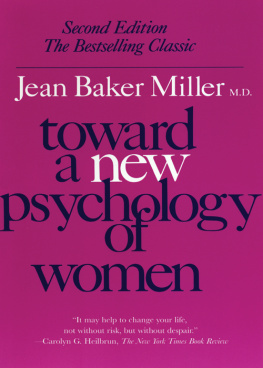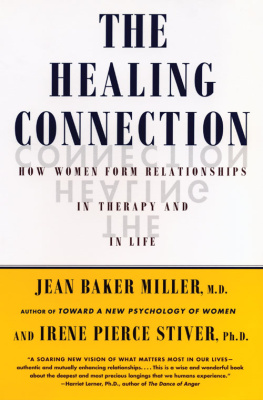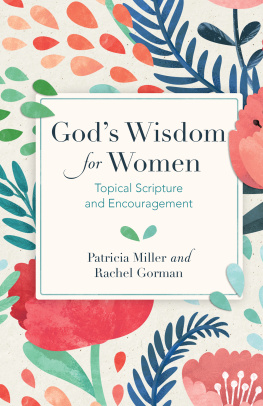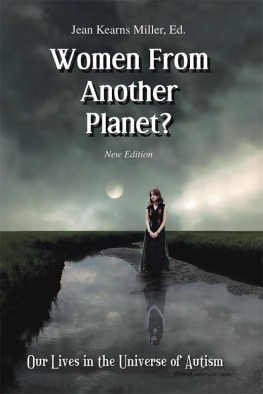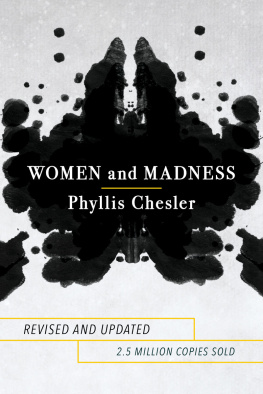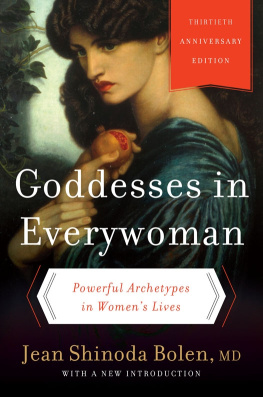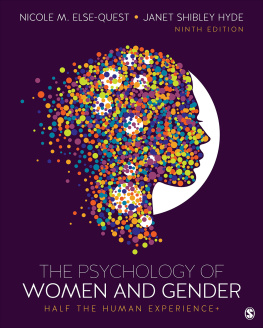This book is for Helen Merrell Lynd
contents
The most important thing to do in this new foreword is to thank the women and men who wrote or spoke to me about this book. Their words would make a more valuable contribution than anything I can write here. They portray the very texture and fabric of many lives, in all of their richness and variation.
One of the letters came from a woman who read the book while she was in prison. She said she now could make sense of her lifeof what had happened to her and why. She developed an analysis of the forces affecting her and the reasons for her actions. Another letter was from a black professional woman who said that she had been very successful by the usual standards. She wrote that she was dying of cancer. She was glad, she said, that her life had encompassed the civil rights movement of the 1960s and 1970s and the black writers emerging from it because she now understood her life in the context of the black experience in the United States. She, like many successful women, black and white, had not thought there was anything more she needed to understand about women as women. However, she still had felt much anger and anguish and believed these reflected her personal deficiencies. After reading the book, she put together her experiences as a woman and as a black person. I now can die without bitterness, she wrote.
I am extraordinarily grateful to these readers for many reasons, but one special reason above all: they went beyond the book. They carried forward many complex formulations. Often they disagreed with me. They used the book as a take-off point. That was my main hope. Because many people did these things, they have helped me.
Ten years ago, two intertwined motives impelled me to write this book. For one, in clinical practice for many years, I had heard women talk of their concern with what seemed to me the most important things in lifefor example, the real emotions flowing between people or womens worries about how their activities were affecting those close to them. From these kinds of concerns and from their daily lives, women developed psychological qualities that were extraordinarily valuable but that went unrecognized. If psychiatrists and psychologists noticed these characteristics at all, they described them in distorted terms that did not capture their essence. They tended to cast womens activity in disparaging molds, such as being too dependent on the reactions of others, rather than in more accurate language such as being able to encompass the experiences and well-being of the other. Womens valuable characteristics are common, not rare. They exist in abundance in ordinary women. Often women themselves dont notice them, and they are diverted away from noticing themsystematically.
Thus, there was, and still is, a dilemma. This abundance of womens psychological strengths exists but cannot flourish or come forward fully into a world that sorely needs precisely these kinds of strengths. And women themselves cannot really believe in them, give them credence, and draw on them as a basis for their development and growth. Why do women not recognize these important parts of themselves? The task, then, was to begin a description of womens strengths and to account for the reasons that they went unrecognized. I believe that this is still a major task before us. Out of this can follow a new framework for understanding womenand men.
The second and related reason for embarking on this book ten years ago was that the model of the new woman seemed to many people to be the model of the man. While this was not what all women leaders and writers were saying, it was what many people seemed to be hearing. Some women writers were, and still are, implicitly accepting the model of the man as the only model of a seemingly full-fledged person. The mass and professional media certainly played a role in conveying this impression to a great many women and to men as well. The goal that women should become men or even become like men seemed disastrous to me for many reasons. Therefore, it seemed important to begin to create new images and visions and to explain the reasons why we needed new visions rather than imitations of old models. And the place to start was to describe the actual life activities and values of the vast majority of women.
Setting out on that path led to a central point in this bookthe notion that our understanding of all of life has been underdeveloped and distorted because our past explanations have been created by only one half of the human species. We can already glimpse fuller and richer explanations.
How does this picture look ten years later? Are these issues still important? I believe they are. However, a large amount of new knowledge has come to us in the last decade and we have seen many changes in reality in these ten years. It is important to reflect on these changes because we are able to glimpse new insight only as we change the way we act.
In the last decade it has become clearer that if women are trying to define and create a full personhood, we are engaged in a huge undertaking. We see that this attempt means building a new way of living which encompasses all realms of life, from global economic, social, and political levels to the most intimate personal relationships. We do not accomplish such a thoroughgoing task easily or quickly. If we take womens situation seriously, we cannot think in terms of a fast solution. Perhaps we need a twofold perspective, thinking in terms of both urgent actions and a very long process. Perhaps this perspective will help us to not be discouraged about the pace. Given the profound ways in which the female-male situation is inscribed into all of life, all the necessary change is not likely to occur readily and rapidly.
Viewing womens situation in this light, we can see that women have made remarkable progress in many areas. In proportion to all that needs changing, however, the advances are not nearly enough. Thus, the picture is very mixed.
Women of all ages and at different phases of life face a variety of issues today. One of the terrible features of the past was that women were told to be all one way, as in the only right thing for a real woman to be is a wife and mother. A danger today is that some people advocate another form of the right thing, as in the only right thing to do is to strive unstintingly for a high-powered career. The high-powered career as currently definedfor mendid not arise from the life experience and desires that most women experience; and many women and men have posed serious questions about how beneficial this mode of life is for men. Women have begun to celebrate the variety of ways of being in the world that different women have constructed and have been encouraging each other to continue to create and enjoy them. In many instances, however, very real pressures push women into old molds. It would help to keep delineating these pressures and to work to alter them if we see them as noxious.
Women are now participating in different realms of life in numbers that seemed almost impossible to imagine ten to fifteen years agothey attend medical school, law school, and business school and hold positions in professions and corporations previously closed to them. Current evidence suggests, however, that women may reach the lower echelons of professions or corporations but that most of these institutions prevent them from moving higher. Women have described the complicated problems and obstacles they face in the stages that follow the first step of merely getting in to these positions. In addition, many women seriously question the values and procedures of our current institutions. The ways they are required to operate and to treat colleagues and their own families conflict with deeply held values. Women are entering a work scene that is not likely to be totally fulfilling. It is important to analyze it as accurately as possible.

